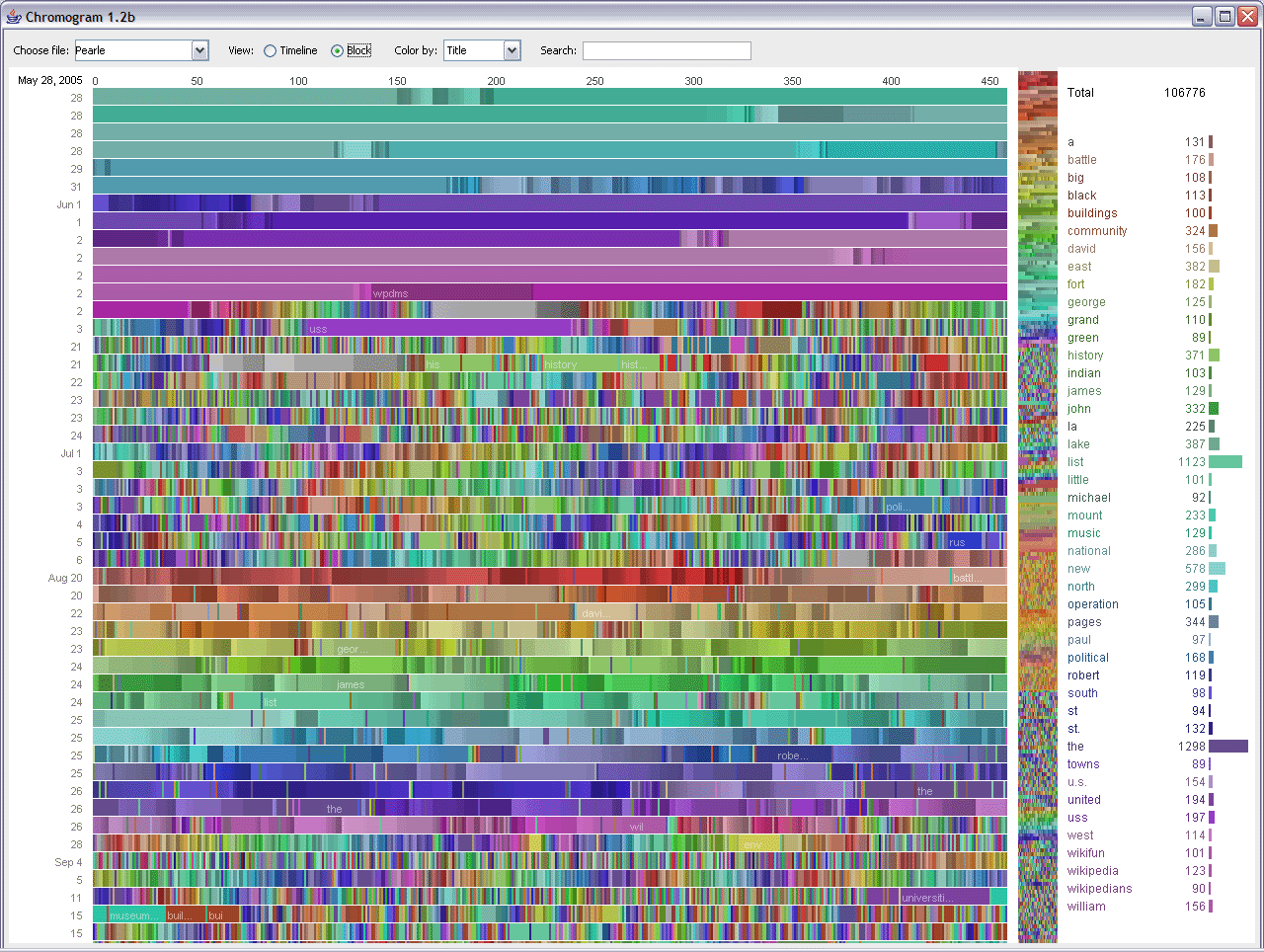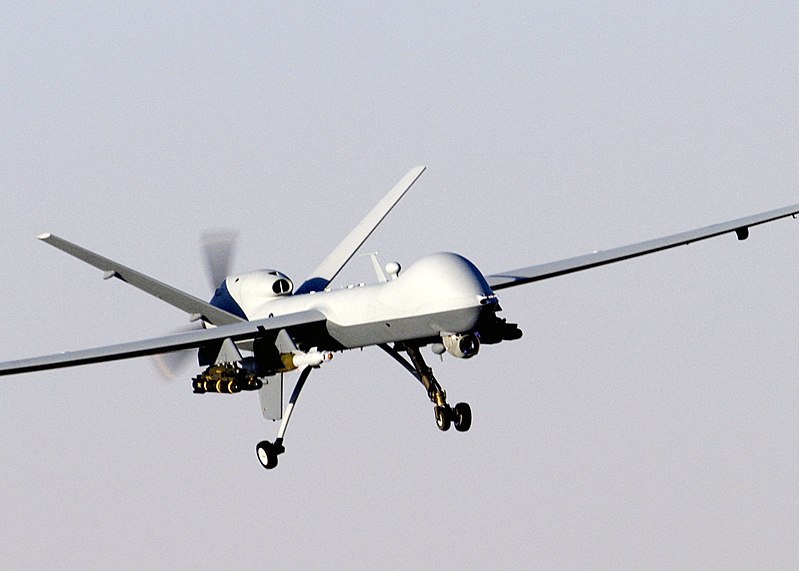Understanding the Economics of Big Data
It is somewhat of an understatement to say that data science is a growing field. Certainly, data as a resource is growing exponentially. The question most on everyone’s mind these days is how are we going to use all the data that’s going to be created in the future? Just one car will soon create several gigabytes of data each day. And a jet airplane will create several petabytes of data during a typical flight. The big challenge ahead will be for decision makers to turn data into new business. Those who have the highest level of skill in interpreting data will be the new leaders.
Cooking with Data, Not Cooking the Data
Data scientists learn to use different toolsets, data mining techniques, and platforms, just like a chef does with food; it all depends on the focus of the effort. Business, computer science, engineering, and statistics are typical focuses, but there are hundreds of fields. Data science tools are important to analysts, accountants, doctors, executives, managers, and other professionals who must understand data so they can quickly develop actionable insights. The more humans look like “deer in headlights,” the sooner robots will take their jobs.
The basics of the data industry include:
- artificial neural networks
- big data
- data analytics
- business intelligence applications
- cluster analysis
- data warehousing and mining
- data visualization
- decision trees
- text mining
- the use of regression models
- rule mining
- statistics
- support vector machines
The Data Model Resource Book shows how professionals often use databases in business. They have created database models designed to collect information on core business functions.
Industry 4.0
Achieving the great promise of Industry 4.0 and the Industrial Internet of Things requires changes in the current methods of production, processing, and manufacturing. Many industries are already undergoing a re-industrialization to improve competitiveness. Industry 4.0 will be most characterized by the use of new high-tech cyber-physical systems (CPS) and Big Data. Already, smart factory technologies are replacing cheap labor-based systems.
In the oil and gas industry, management of technical data is becoming more important and valuable. Interpreting oil and gas data is a specialized skill.
The following video, “Data Science versus Big Data versus Data Analytics” by Simplilearn, explains the difference between these three main areas of data.







